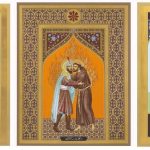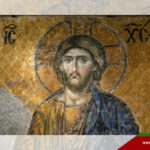Hasnain Walji
In the complex universe of human emotions, there lies a paradox so profound that it shapes our very experience of being alone. Paul Tillich illuminates this enigma: “Language… has created the word ‘loneliness’ to express the pain of being alone. And it has created the word ‘solitude’ to express the glory of being alone.” In these words, Tillich unravels the dual threads of loneliness and solitude woven into the fabric of our lives.
This guides us through the paradoxical nature of our solitude. On one hand, loneliness is marked by a poignant ache, a sense of being adrift in an ocean of disconnection, where the shore of belonging seems forever out of reach. It is a word, a concept, that captures the heart’s cry for understanding and companionship.
Yet, on the flip side of this coin, fashioned by the very same linguistic craftsmen, stands solitude. This is not the solitude of desolation but of deliberation and depth. It is the state in which the soul finds not emptiness, but abundance; not exile, but homecoming.
Tillich’s insight, echoed in the wisdom of Rumi who tells us “The cure for pain is in the pain,” invites us into being at ease with our own solitude, challenging us to find the rhythm in the contrast between loneliness and solitude. This is a journey from the outer world of social beings to the inner sanctum of our individual existence. It beckons us to understand that the path through the thicket of loneliness, with all its thorns and shadows, leads us to the clearing of solitude, where the light of self-awareness and peace shines bright.
Thus, as we navigate the complex human experience, Tillich’s words serve as a compass, pointing us toward the understanding that while language has given us the words to articulate our deepest isolations and our highest solitudes, it is our journey through these states that defines their meaning. In the dance between loneliness and solitude, we find not just the shadow of our own figure, but the light of our own spirit, illuminating the path from despair to joy, from darkness to dawn.








